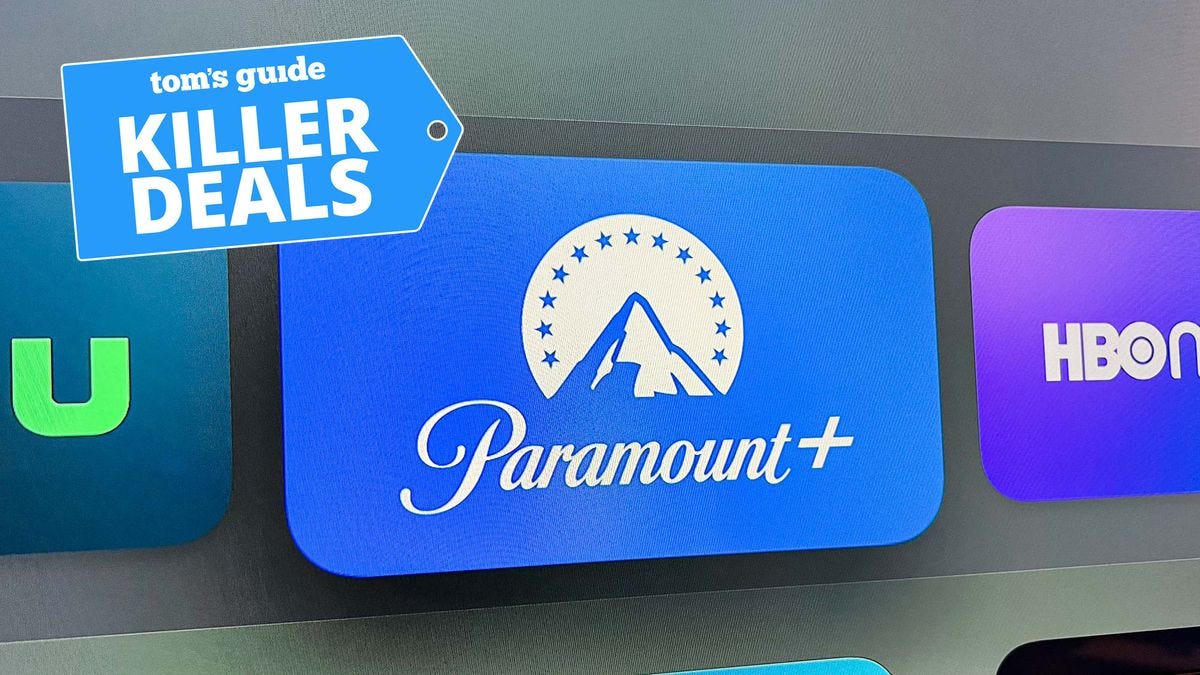The ESG Show Episode 16: Human Rights and The Supply Chain
Host: Michael Baxter, Co-Founder and Editor-in-Chief at Techopian
Guests: Arjun Ahluwalia - Trade and ESG Compliance Lead - Senior Advisor, Regulation at Shell
Edyta Kosnik - marketing leader specialising in Saas tech and services within ESG and risk and compliance space
Steven Hyland - Senior Consultant focusing on ESG and sustainability at Responsible Alpha
Environmental, Social, and Governance (ESG) factors have emerged as critical components in shaping how businesses operate, especially concerning human rights and the supply chain. Companies worldwide are facing mounting pressure from investors, regulators, and consumers to adhere to ESG principles, which aim to ensure that businesses act responsibly.
The increasing focus on sustainability, ethical labor practices, and corporate transparency has significant implications for global supply chains and human rights.
Understanding ESG and Its Growing Importance
ESG criteria have become a cornerstone for companies that aim to balance profitability with sustainable development. ESG is divided into three main pillars:
Environmental: This involves how companies manage their impact on the planet, including carbon emissions, resource conservation, and waste management.
Social: This aspect focuses on a company’s relationships with its employees, suppliers, customers, and the communities in which it operates. Human rights play a crucial role here.
Governance: It involves corporate governance, including leadership, internal controls, and shareholder rights.
Incorporating ESG criteria not only enhances corporate reputation but also improves long-term profitability. However, the emphasis on ethical standards has brought to light numerous issues, especially in the areas of human rights abuses and supply chain management.
The Intersection of ESG and Human Rights
1. Human Rights in Supply Chains
The social pillar of ESG is heavily tied to human rights. Companies today must ensure that their operations do not contribute to human rights violations, whether directly or through their supply chains. These violations can include forced labor, child labor, unsafe working conditions, and discrimination. As more businesses integrate ESG frameworks into their operations, they must pay attention to ethical sourcing and fair labor practices.
The rise of global supply chains means that companies are often sourcing raw materials or finished goods from countries where labor standards may be lower. This reality has led to heightened scrutiny from NGOs, consumer watchdogs, and regulatory bodies, compelling businesses to perform thorough due diligence on their suppliers to prevent labor exploitation.
2. Legal and Regulatory Pressures
Many governments have implemented mandatory ESG reporting and due diligence laws that specifically address human rights abuses in supply chains. For example, the European Union’s Corporate Sustainability Reporting Directive (CSRD) mandates companies to report on social and governance factors comprehensively. In California, the Transparency in Supply Chains Act requires large companies to disclose their efforts to eliminate human trafficking and forced labor.
These regulations underscore the growing emphasis on corporate responsibility. Businesses that fail to comply with these regulations risk legal penalties, reputational damage, and loss of market access. Moreover, investors and financial institutions increasingly consider a company's ESG performance when making investment decisions, tying financial outcomes to ethical conduct.
3. Consumer Awareness and Demand for Transparency
The modern consumer is more informed than ever and demands greater transparency from companies about how their products are made. This shift in consumer behavior means that businesses must ensure their supply chains are free from exploitation. Social media and digital platforms have further amplified the voices of consumers, allowing them to call out brands that fail to meet ethical standards.
In response, companies are adopting certification programs like Fair Trade and SA8000, which focus on maintaining ethical labor practices. These programs help companies to demonstrate their commitment to human rights and offer a level of trust and credibility that resonates with consumers.
ESG’s Role in Reshaping the Global Supply Chain
1. Increasing Supply Chain Transparency
One of the most profound impacts of ESG frameworks on supply chains is the emphasis on transparency. To mitigate risks such as human rights violations and environmental degradation, businesses are implementing traceability systems. These systems allow companies to track the origin of raw materials and ensure that each stage of production aligns with ethical standards.
Companies are also leveraging technology like blockchain to provide real-time insights into their supply chains. Blockchain technology helps create a digital ledger that is immutable, ensuring that records of transactions and labor conditions are accurate and accessible. This technological integration not only increases trust but also enables quick identification of any violations within the supply chain.
2. Supplier Due Diligence and Audits
As part of their ESG strategy, companies are required to perform rigorous audits of their suppliers. These audits assess compliance with human rights standards, wages, working hours, and workplace safety. Audits have become a critical tool in ensuring that supply chain partners meet ESG criteria and that they do not engage in exploitative practices.
Due diligence does not stop at audits. Many companies have developed supplier codes of conduct that clearly outline expectations for ethical behavior. Suppliers are often required to sign and adhere to these codes as a condition for doing business. By setting these standards, companies can drive positive change through their entire supply chain ecosystem.
3. Risk Management and ESG Compliance
Risk management is a key benefit of implementing ESG principles in the supply chain. The risks associated with human rights violations—from legal repercussions to brand damage—can be catastrophic. Companies with a strong ESG framework can identify potential risks early and take corrective actions before they escalate into crises.
Moreover, ESG compliance serves as a means to attract investors and business partners who prioritize sustainable and responsible practices. By building a resilient supply chain that adheres to ESG standards, businesses are better equipped to weather market fluctuations, regulatory changes, and consumer trends.
Challenges in Implementing ESG Standards in Supply Chains
1. High Costs of Compliance
Achieving ESG compliance is not without its challenges. One of the primary concerns is the cost associated with monitoring and auditing the supply chain. Small and medium-sized enterprises (SMEs) often face difficulties in allocating the resources required to ensure compliance with stringent ESG standards.
For larger companies, the challenge lies in maintaining uniform standards across a diverse and often geographically dispersed supply chain. Cultural differences and varying labor laws in different countries can complicate efforts to enforce consistent ethical standards.
2. Balancing Profitability with Ethical Sourcing
While investors and consumers demand ethical sourcing, there is often tension between maintaining profitability and adhering to ESG criteria. Ethical suppliers may come with a higher price tag, affecting a company’s profit margins. However, failing to meet ESG expectations can result in long-term losses due to reputational damage and regulatory fines.
3. Adapting to Evolving ESG Expectations
ESG reporting standards and consumer expectations are continuously evolving. Staying ahead of these changes requires a significant commitment to continuous improvement. Companies must stay updated on best practices, legislation, and industry benchmarks to maintain their ESG credentials.
Conclusion: The Future of ESG and Human Rights in the Supply Chain
The integration of ESG principles into human rights and the supply chain is reshaping the way businesses operate. Companies that prioritize transparency, ethical sourcing, and responsible practices are better positioned to succeed in a marketplace where consumers and investors increasingly value sustainability. As regulations tighten and consumer awareness grows, the pressure on businesses to ensure human rights compliance throughout their supply chains will only intensify.
For companies willing to embrace these changes, the result is a more resilient, reputable, and sustainable business. The path to achieving ESG compliance is not without its challenges, but the rewards include not just financial stability but also a positive impact on society and the environment.
Keep in mind ESG is still in the “works in a vacuum” phase and should be discussed, vetted and challenged until more concrete rules and regulations are finalized.
ESG is a very big area and is not without its critics. With greenwashing, capitalism and the argument of transparency and authenticity gaining traction it is imperative right now to break down these barriers and correct misinformation about ESG.
The ESG show aims to promote greater understanding of ESG issues and is the home of interesting and thought provoking discussions on ESG.
Powered by Techopian Limited and hosted by Co-Founder and public speaker, Michael Baxter to fly the ESG flag and speak openly about the positives and drawbacks around ESG and the use of technology in ESG strategy.
An ESG is not just a nice-to-have, it is absolutely essential to businesses now to sustain business longevity, attract sustainable funding and reduce the impacts of climate change.
Join The ESG Show every Wednesday for free to meet with various sustainability and diversity specialists and investors and Michael to discuss topical subjects which relate to ESG and debate the responsible use of technology in implementing ESG strategies.
Prepare to be scared... the Peak Screaming collection is now streaming on Paramount+.
Whether you're looking for a twisted thriller, a stunning shocker or something absolutely bone-chilling, Paramount+ is the place to be during spooky season. Stream hits like A Quiet Place: Day One, Smile or Scream VI and check out the new movie Apartment 7A.
Ready to be haunted all month long? Try Paramount+ FREE!
CLICK HERE FOR SPECIAL DISCOUNT LINK
Everyday your story is being told by someone. Who is telling your story? Who are you telling your story to?
Email your sustainable story ideas, professional press releases or podcast submissions to thecontentcreationstudios(AT)gmail(DOT)com.


















Share this post